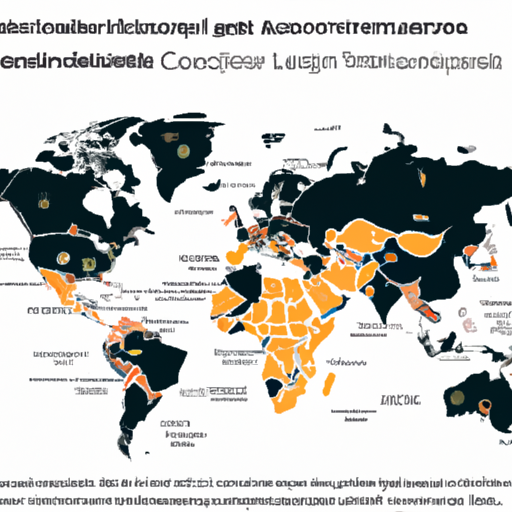The consumption of dogs and cats is a controversial issue that sparks heated debates. In some cultures, it is considered a taboo, while others see it as a traditional and normal practice. As a caregiver, it’s crucial to understand such cultural differences to better empathize and navigate through a diverse world. Let’s dive into understanding which countries hold these practices and the reasons behind them.
1. Countries Where Dog and Cat Consumption is Practiced
Several countries around the globe consume dogs and cats. Each has its unique historical, cultural, and economic reasons.
China
In China, particularly in Guangdong and Guizhou provinces, dog meat is included in the local cuisine. The infamous Yulin Dog Meat Festival, held annually in Yulin, Guangxi, has generated widespread global criticism. Similarly, cat meat is also consumed in certain regions.
Vietnam
Vietnam is another country where dog and cat consumption is prevalent. Dog meat, known as ‘Thịt chó’, is often consumed during festivities or towards the end of lunar months as a good luck charm.
South Korea
Bosintang, a Korean soup that includes dog meat, is traditionally consumed during the summer. However, attitudes are shifting, especially among younger generations, and the practice is decreasing.
Here’s a brief summary:
| Country | Dog Meat | Cat Meat |
|---|---|---|
| China | Yes | Yes |
| Vietnam | Yes | Yes |
| S.Korea | Yes | No |
2. Understanding the Cultural Context
Understanding why these practices exist requires a dive into the cultural and historical context of these regions.
- Survival and Poverty: In some regions, consuming dogs and cats began out of necessity during times of famine and has continued due to enduring poverty.
- Traditional Beliefs: In places like China and Vietnam, some believe that eating dog meat brings good luck or has health benefits, such as increasing body heat during winter.
- Culinary Tradition: For some, it is simply part of their culinary tradition and local cuisine, much like how Western societies consume beef or pork.
3. Ethical Considerations and Legal Restrictions
The consumption of dogs and cats is a contentious issue, raising important ethical and animal rights considerations. In recent years, several countries have enacted laws to ban or restrict this practice.
For example, South Korea’s capital city, Seoul, has banned the slaughter of dogs for meat. Similarly, in 2020, China’s Ministry of Agriculture and Rural Affairs classified dogs as pets and not livestock, a move seen as a step towards ending the dog meat trade.
4. Changing Attitudes and Practices
Across Asia, attitudes towards consuming dogs and cats are changing, particularly among younger generations, who are increasingly embracing dogs and cats as pets rather than food.
Organizations like the Humane Society International are working with local groups to raise awareness about animal welfare, leading to positive changes. For instance, dog meat restaurants in South Korea are closing down, and the Yulin Dog Meat Festival has reportedly seen a decrease in dog meat consumption.
5. What Can We Do?
As caregivers, what can we do? We can:
- Raise Awareness: Use our platforms to educate others about animal welfare.
- Support Legislation: Support laws protecting animal rights.
- Promote Adoption: Encourage pet adoption and responsible pet ownership.
FAQ
1. Why do some countries eat dogs and cats?
– The consumption of dogs and cats in some countries can be attributed to cultural traditions, survival during times of famine, or beliefs about the health benefits of these meats.
2. Is eating dogs and cats legal?
– The legality varies. While some countries have laws against it, others do not. Even within a country, regulations can differ between regions.
3. Are attitudes towards eating dogs and cats changing?
– Yes, particularly among younger generations and due to increased awareness about animal welfare.
4. How can I help to stop the consumption of dogs and cats?
– You can raise awareness, support animal rights legislation, and promote pet adoption and responsible pet ownership.
5. Do all people in these countries support eating dogs and cats?
– No, attitudes vary widely within countries. Many people in these regions also oppose the practice.



